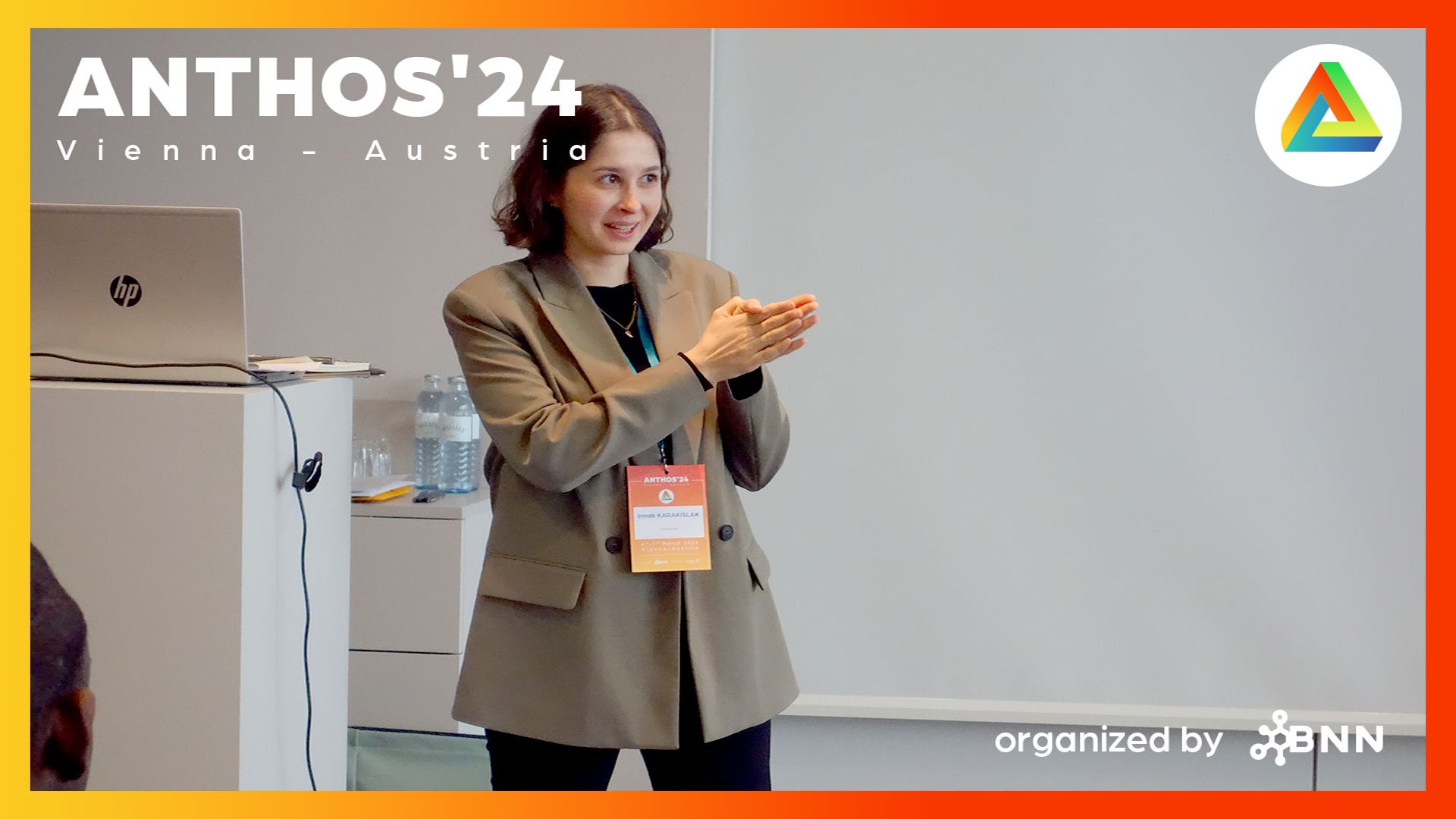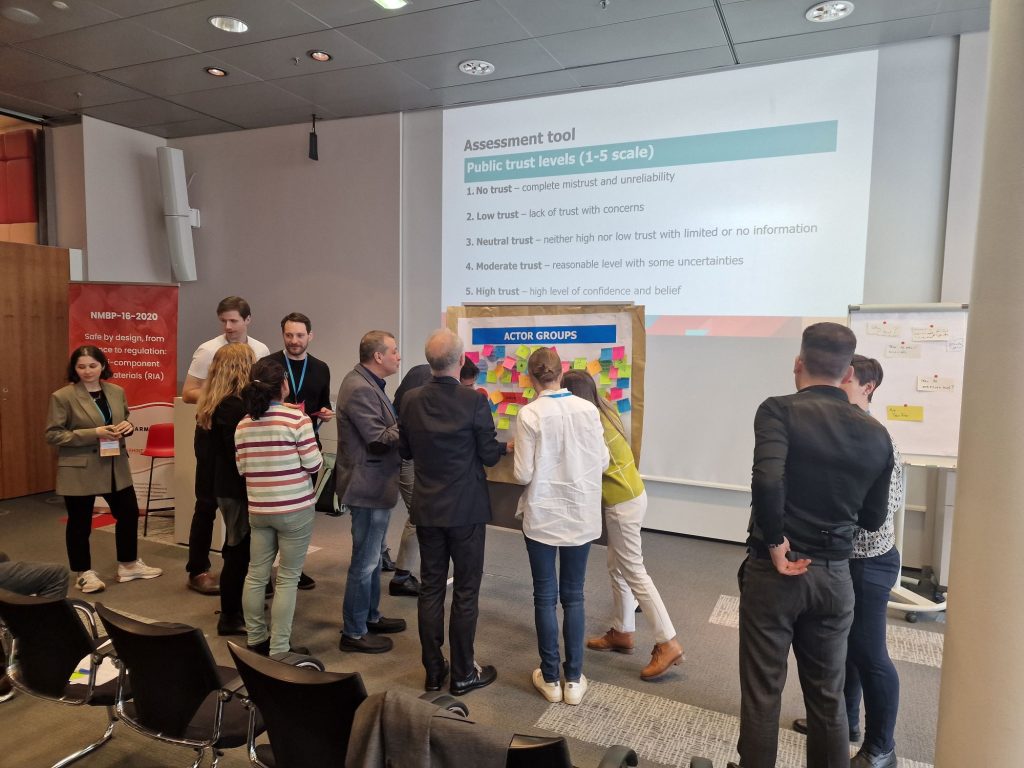23Apr
Outcomes of Expert Workshop on Public Perceptions of Nanoparticles
by DIAGONAL, 0 Comments

Expert Workshop on Public Perceptions of Nanoparticles in Sunscreens: Challenges and Opportunities
Hosted by IZES gGmbH as part of DIAGONAL project
7 March 2024, Vienna
We closed out ANTHOS’24 on 7 March with an interactive workshop bringing together diverse perspectives on a highly relevant topic. The Expert Workshop on Public Perceptions of Nanoparticles in Sunscreens: Challenges and Opportunities was hosted by the Institut für ZukunftsEnergie- und Stoffstromsysteme (IZES gGmbH), a partner in the H2020 project DIAGONAL.
IZES gGmbH promotes environmental and climate protection, particularly through application-oriented research and development in the field of future technologies and future markets for energy and material flow systems. The Department of Environmental Psychology researches the psychological, social and behavioural components of the energy and technology system with the aim of developing new approaches and recommendations for sustainable and socially viable transformation.
Within DIAGONAL, IZES assesses the social sustainability of multicomponent nanomaterials (MCNMs) and High-Aspect Ration Nanoparticles (HARNs). They have been performing research on the depiction of nanomaterials in the media (newspapers, magazines, YouTube), conducting pedestrian surveys on public perception, and now wanted to bring the discussion to the experts. Irmak Karakislak and Jan Hildebrand from IZES guided us through this workshop.
The workshop in Vienna gathered participants from scientific research, SMEs, EU institutions (the European Commission’s Joint Research Centre), a national authority (the Austrian Federal Ministry for Climate Action, Environment, Energy, Mobility, Innovation and Technology) and civil society (e.g. a consumer protection NGO).
Together, the group discussed the main obstacles that nanomaterials face in public perception, issues of public trust, such as lack of nuanced information regarding nanomaterials, access to misinformation, and general scepticism of new technologies. We then looked at indicators of trust, who are recipients of public trust, social and cultural factors shaping trust, and processes in which trust can be shaped.
Next, we looked at different actor groups and rated how much we believe each is trusted by the public. This generated a lot of discussion, as many see the population becoming more polarized – e.g. some groups having high trust in scientists or the media while some having very low trust. Finally, we brainstormed several action plans for informing the public and increasing their trust in nanomaterials. These included creating more scientific communication campaigns for a variety of audiences, organizing citizen science initiatives and more.
Overall, the lively discussion and diverse viewpoints gave us a lot of food for thought as we continuously strive to reach the public with our research outcomes. A huge thank you to IZES, DIAGONAL, and all the participants!

-
Tags:
- anthos24, cosmetics, nanoparticles, outreach
